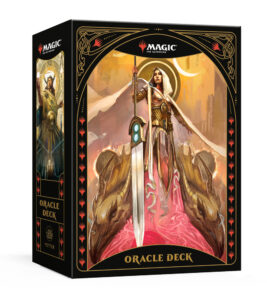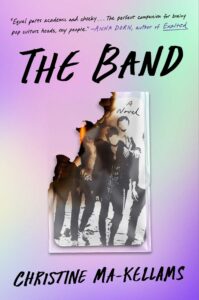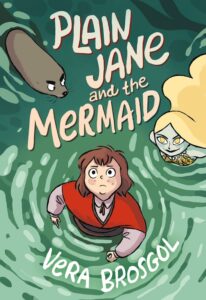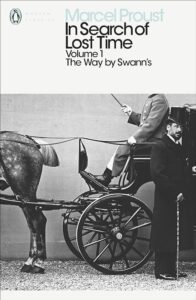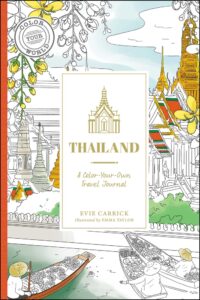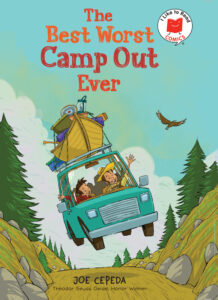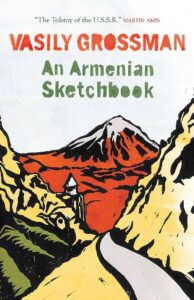Some twenty years after publication, The Cold War no longer matches its subtitle, “A New History,” but it remains a useful book about the conflict that shaped international politics for nearly half a century and, not incidentally, came close to ending human civilization. It is useful in a number of ways. First of all, it covers the entire period, with important arguments about the conflict’s origin in the tensions among the members of the Grand Alliance that won World War II. Second, it emphasizes how the principals in the conflict — the USA and the USSR — viewed the conflict as global. Regional powers naturally saw their region as the one that mattered most, sometimes as the only region worth considering, but while the superpowers considered some places — divided Berlin, for example — as crucial at some times, they never forgot that the conflict spanned the world. Third, Gaddis takes a clear point of view: regulated capitalism and representative democracy are preferable to state socialism and the one-party dictatorship of the proletariat, and thus the Cold War was worth both waging and winning. Fourth, he writes mainly for an audience for whom the Cold War has always been history. Considering that nobody presently under age 50 was an adult when the Cold War ended, this is an increasing and increasingly important share of the population. (Consider: Germany’s current Foreign Minister was under age 10 when the Berlin Wall fell.) Fifth, he does all of this in just over 250 pages of main text.
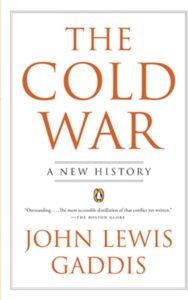
Gaddis also sets out plainly what the book is not. “It is not a work of original scholarship” (p. x–xi); it is a synthesis of his and other scholars’ more detailed studies. He adds that it does not attempt to locate the Cold War origins of later phenomena such as globalization. This is a history of a distinct period. “Nor does it make any contribution whatever to international relations theory, a field that has troubles enough of its own without my adding to them.” (p. xi) Scholarly humor tends toward the dry. Though Gaddis’ humor may be dry, his prose is not, and he avoids the historian’s pitfall of getting bogged down in details. He uses his decision to write a synthesis to his readers’ advantage. Those who want more detail may go and find it; for the others, he shows how the pieces fit together, and how the decision-makers at the time thought the pieces fit together. The two are not the same, and he is not afraid to draw sharp conclusions.
For example, he argues that despite some of Roosevelt’s hopes, the interests of the principal members of the Grand Alliance were too different for wartime cooperation to continue past the surrender of the Axis powers. Even during the war, the Allies competed for positioning in the postwar world. The difference between their behavior and that of, say, the seven different coalitions that fought Revolutionary France and Napoleon before his final fall, is that they managed to keep defeating the Axis as their top and joint priority. None of the Allies sought their own advantage to such an extent that the others would consider a separate peace. Considering the history of coalition warfare, this was no small achievement, but it couldn’t last. Gaddis writes:
Continue reading
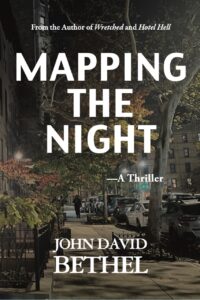 Hello, readers! This week we have the privilege of giving you a sneak peek at J David Bethel’s latest suspense-filled thriller, Mapping The Night.
Hello, readers! This week we have the privilege of giving you a sneak peek at J David Bethel’s latest suspense-filled thriller, Mapping The Night. 
